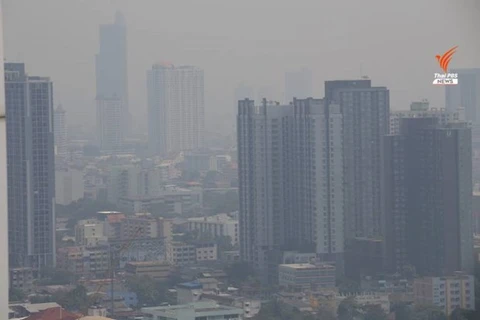Bangkok (VNA) – Thailand’s consumer confidence increased for the ninth straight month in February thanks to recovering tourism, government stimulus measures, and the baht's weakness.
A report released on March 9 by the University of the Thai Chamber of Commerce (UTCC) shows that the consumer confidence index rose to 52.6 in February, up from 51.7 in January.
The February index reached the highest level in the last three years since the outbreak of the COVID-19 pandemic.
According to UTCC President Thanavath Phonvichai, positive contributors to the increased consumer confidence in Thailand include stimulus measures like the personal income tax deduction scheme “Shop Dee Mee Khuen 2023”, and reduced land tax, construction tax, asset transaction fees, and mortgage registration fee.
Other key supporting factors were a sharp increase in the number of foreign tourists, and higher prices of many agricultural products, which have led to increased income for farmers and improved purchasing power in other provinces, he said, adding that the retail price of gasoline in the country has started to decrease, and the baht has become relatively weak.
However, Thanavath cautioned that negative factors could affect consumer confidence, such as a slower pace of economic recovery in the country, a higher cost of living, falling exports, and existing concerns about the Russia-Ukraine conflict that may affect global oil and energy prices, and then push the production costs of goods.
Thanavath said that the Thai economy has shown signs of continuous recovery, as evidenced by sales of personal cars and motorcycles.
Meanwhile, consumer confidence has not improved significantly and is still below 60 because of the concern that the signs of economic recovery are decreasing from the lower-than-expected export figures and the latest GDP figures, he said./.
























